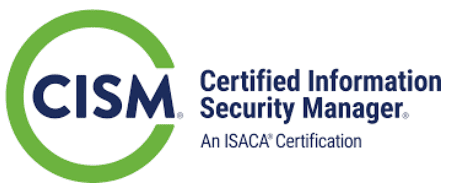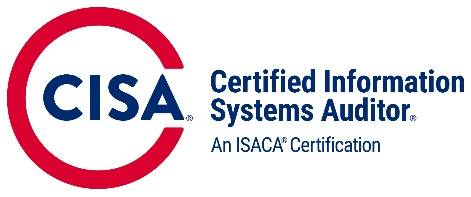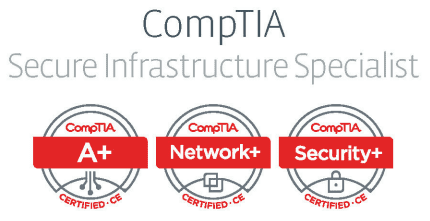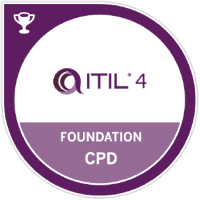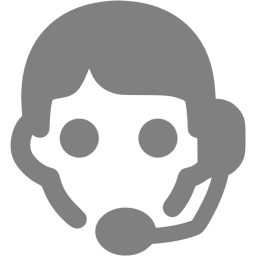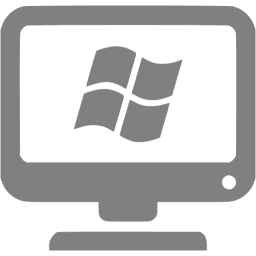Kein spontanes Vorbeikommen möglich. Wir sind kein WALK-IN Geschäft.
Vom 19. April bis 23. Mai nur via E-Mail erreichbar.

Öffnungszeiten:
Montag – Freitag (werktags)
08:00 – 19:00
Samstag
08:00 – 18:00
kein spontanes vorbeikommen
PC Hilfe & Reparatur für Mac & Windows in Rapperswil-Jona
PRÄZISES
ARBEITEN
Windows & Apple Akku / Batterie Austausch
- Macbook Pro Akku Wechsel
- Macbook Air Akku Wechsel
- Windows Laptop Akku Wechsel
Windows & Apple Display Austausch
Windows & Apple Display Austausch
- Windows Display Austausch
- Macbook Air Display Austausch
- Macbook Pro Display Austausch
PC-Inbetriebnahme
Wir richten Ihren PC so ein, dass Sie direkt loslegen können.
- ALL-In-One Einrichtung
- Betriebssystem-Installation
- Mail-Konten
- Office
- Internet & Drucker
Ladezeiten verkürzen
Ihr Gerät ist langsam und es dauert ewigs, bis das System hochgefahren hat oder sich ein Programm öffnet.
- Festplatten austauschen
- Entfernen von alten Programmen
IT-Beratung
Wir beraten Sie bei Ihrer IT-Lösung. Ganz individuell.
- Für Unternehmen und Privatpersonen
- Anschaffung von IT
Netzwerk Sicherheit
Wir schützen Ihre IT-Infrastruktur von Viren, Malware und Spam. Zusätzlich setzen wir Firewalls ein um Sie gegen Hacker und unbefugten Zugriff zu schützen.
Kundenrezensionen
Absoluter Topservice! Professionelle Beratung, super Service und sehr faire Preise. Dies war das zweite Mal, dass ich den Service von deincomputerhelfer benötige und ich bin wieder positiv überrascht. Ich komme gerne wieder und kann dieses Unternehmen wärmstens empfehlen.
+++ Preis / Leistung
+++ Geschwindigkeit
+++ Kundenorientiert
Ablauf einer Anfrage

Buchung einer Anfrage mittels Kontaktformular

Wir prüfen und beantworten Ihre Anfrage
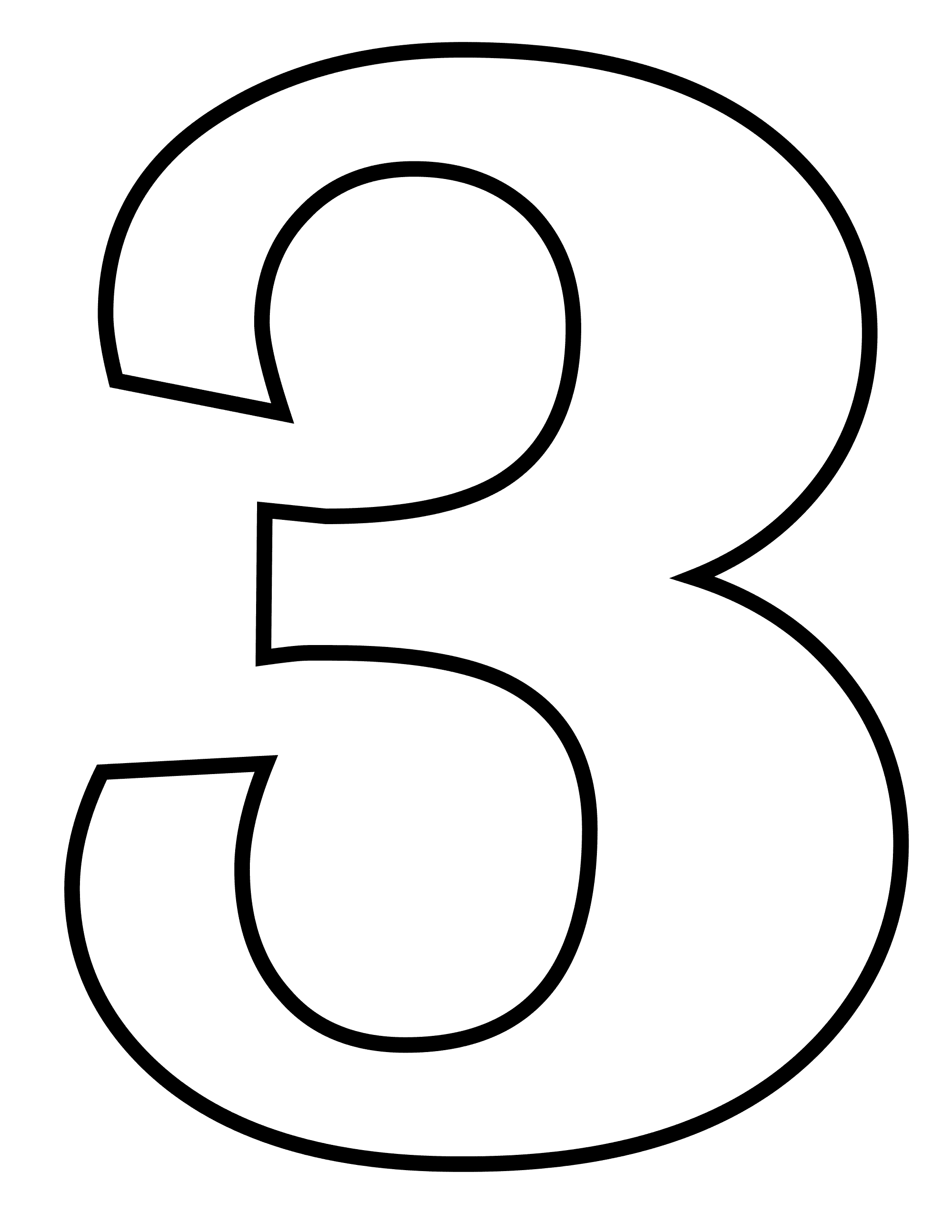
Termin vereinbaren / Reparatur

Behebung und Bezahlung der Dienstleistung
Sie füllen das Kontaktformular, inkl. Geräteinformation und Problembeschreibung aus.
Wir prüfen Ihre Anfrage auf Machbarkeit und beantworten Ihre Anfrage mittels Telefon oder E-Mail.
Wir vereinbaren einen Termin für Vor-Ort-Dienstleistung, Fernwartung oder Abgabe des Gerätes in unserer Werkstatt und reparieren Ihr Gerät
Wir geben Ihr Gerät wieder zurück und Sie prüfen auf Funktionstüchtigkeit. Danach wird bezahlt.
Weltweit anerkannte Zertifizierungen

